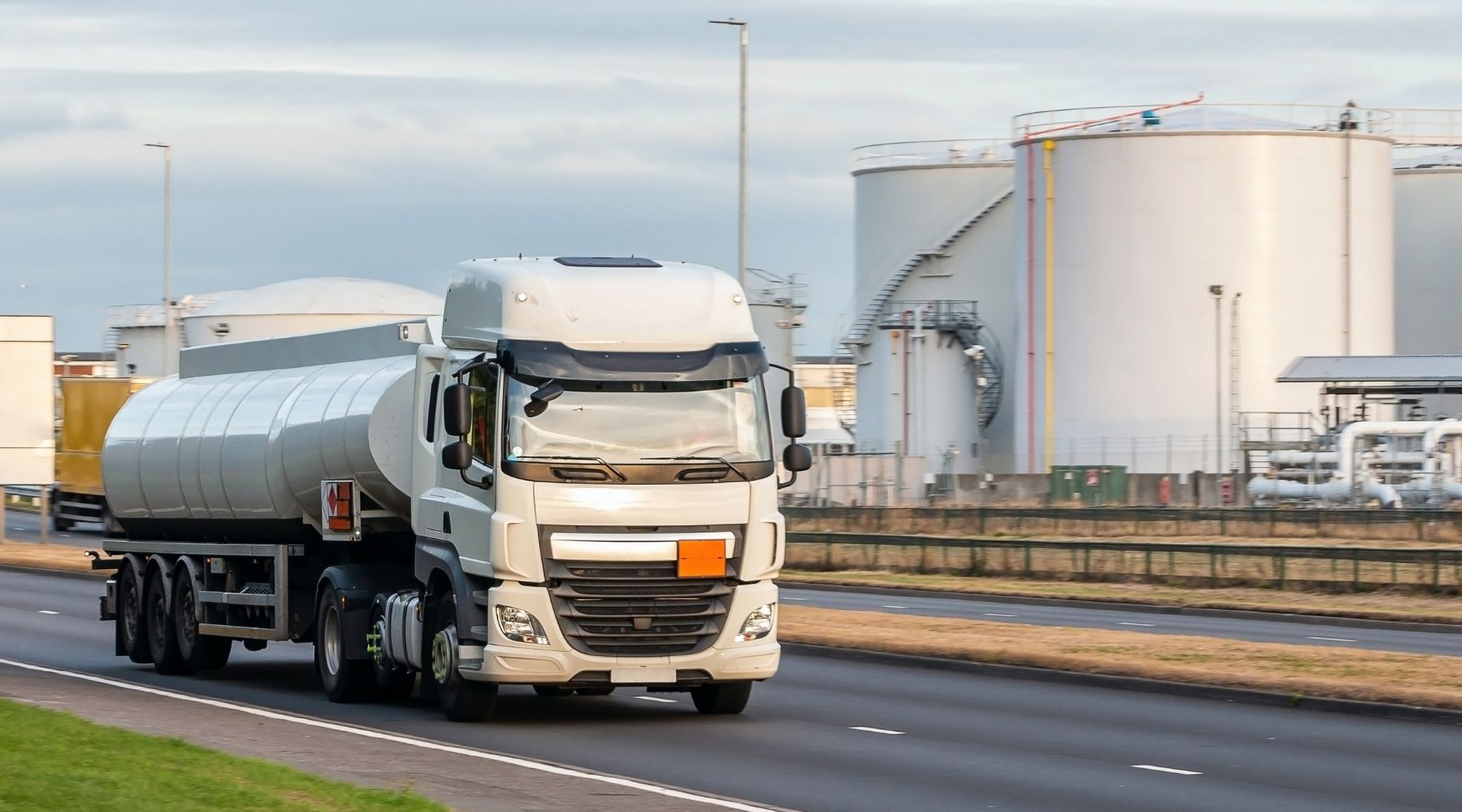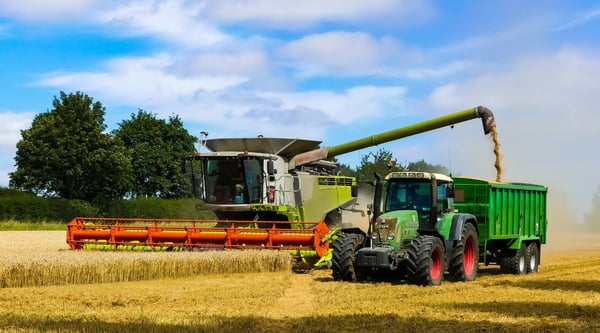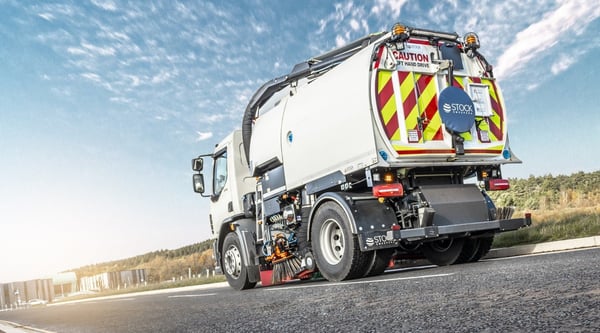Below is a quick, one-stop-shop summary of what Prema HVO is and how it can help your organisation to significantly reduce greenhouse gas emissions, without compromising performance, in an environmentally and financially sustainable way.
The explainers below are suitable for all colleagues within your organisation, including those in:
- Finance
- Operations
- Energy
- Sustainability/Environment
- Director and board-level.
What is Prema HVO and Conventional Diesel?
HVO stands for Hydrotreated Vegetable Oil. ‘Hydrotreatment’ is a complex refinery process where hydrogen is used to remove oxygen from the oil and create molecules very similar to mineral diesel from crude oil (also known as ‘fossil diesel’). The lack of oxygen in HVO is very important, as will become clearer as you move through these explainers.
Despite the name, HVO can be made from a range of feedstocks, not just vegetable oil. Prema HVO is made entirely from 100% used cooking oil imported by a single supplier. This is important because the sustainability and greenhouse gas emissions of HVO depend largely on what it’s made from. HVO made from used cooking oil is the most sustainable and lowest-emission form of HVO available.
In contrast to HVO, conventional diesel used in the UK (EN590) is typically made up of 94% fossil diesel and 6% biodiesel (also known as ‘FAME’). The biodiesel is present because fuel producers in the UK are obligated to supply a proportion of their diesel from ‘renewable’ sources.
The biodiesel content in conventional diesel is associated with a range of performance issues, some of which are explored further below. This is because biodiesel contains oxygen and is prone to water absorption and bacterial infection. HVO is not biodiesel and does not suffer from these problems.
Prema HVO helps to reduce greenhouse gas emissions by ~90%...
Prema HVO offers significantly lower greenhouse gas (GHG) emissions than conventional diesel across its full lifecycle. This is because the feedstock, used cooking oil, is made from 100% waste plant matter that pulled carbon from the atmosphere when it originally grew. The UK government therefore considers there to be no net change to carbon levels in the atmosphere through its use as a fuel.
In other words, the direct emissions from using Prema HVO (known in corporate GHG reporting as ‘Scope 1’ emissions) are considered to be neutral.
The only GHG emissions associated with Prema HVO come from ‘upstream’ activities before the point of use (known in corporate GHG reporting as ‘Scope 3’ emissions). This includes the emissions associated with the transport of the used cooking oil, the hydrotreatment process and onward transportation of the final product.
Every cargo of Prema HVO is accompanied by a Proof of Sustainability certificate from the International Sustainability and Carbon Certification (ISCC) scheme. Each certificate provides accurate and independently verified GHG savings in comparison to conventional diesel, which can be used in corporate GHG reporting.
…Without compromising performance
Prema HVO is not a new fuel. It has been used as a 100% neat product for over ten years and is already approved for use by most Original Engine Manufacturers (OEMs).
Because it does not contain oxygen, Prema HVO is very stable. It repels water far more efficiently than conventional diesel, is impervious to bacterial attack and can be stored for up to ten years. As explained earlier, conventional diesel contains biodiesel, which absorbs water and is therefore prone to bacterial infection, waxing, degradation, and filter blockages.
Prema HVO also outperforms the EN590 conventional diesel specification for cold weather performance, ignition quality and filterability. Despite being slightly lighter than conventional diesel, Prema HVO’s calorific value is very similar and therefore volumetric fuel consumption is largely the same. In real-world application, the performance issues associated with the biodiesel in conventional diesel can even lead to greater consumption in some cases. Independent empirical test results are available on request.
…In an environmentally sustainable way
Prema HVO is the most environmentally sustainable form of HVO because it’s made from 100% used cooking oil. It only utilises waste material and therefore does not cause land use change. It’s sourced from just one supplier, Neste, and is certified under the International Sustainability and Carbon Certification (ISCC) scheme – the gold standard for environmental, economic and social sustainability in supply chains.
Each import comes with a Proof of Sustainability certificate that provides full traceability through the supply chain. Because HVO can come from many different sources and feedstocks, this chain of custody is invaluable for procuring truly environmentally sustainable HVO.
Prema HVO also burns more cleanly than conventional diesel. Emission levels for dangerous pollutants such as particular matter, carbon monoxide and hydrocarbons are considerably lower, meaning cleaner air for your workers, the local community and the environment at large. Independent empirical test results are available on request.
And a financially sustainable way…
Switching to Prema HVO allows you to spread the cost of reducing greenhouse gas emissions while making an immediate and substantial impact. The unit cost is higher than conventional diesel, but unlike other methods of reducing emissions such as upgrading to electric or hybrid equipment, there are no upfront capital costs involved. As a ready-to-go drop-in replacement for conventional diesel, no new equipment is required; you can simply carry on utilising existing assets and infrastructure.
In other words, Prema HVO increases operating expenditure (OPEX) in comparison to using conventional diesel, but there are zero capital expenditure (CAPEX) costs.
If you have any further questions about Prema HVO, please get in touch and we will be delighted to help.














